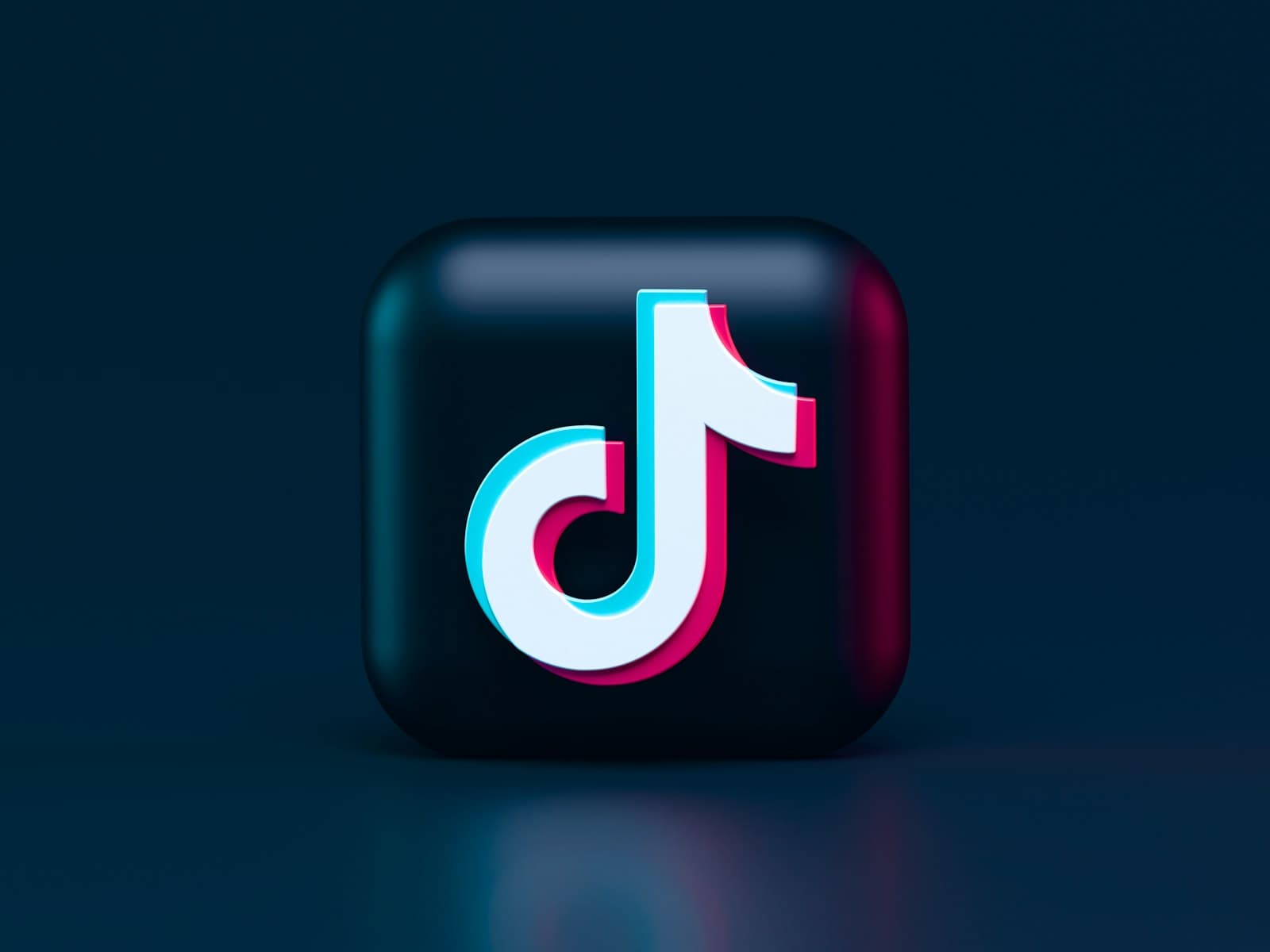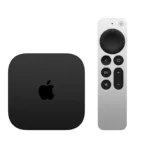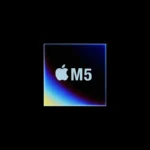TikTok, the popular video-sharing app, has ceased operations in the United States. This shutdown occurred on January 19, 2025, as a law banning TikTok took effect. ByteDance, TikTok’s parent company, voluntarily shut down the service in response to the new legislation.
The ban-or-divest law gave ByteDance an ultimatum: sell a significant portion of its stake in TikTok or face a ban in the U.S. ByteDance chose to shut down the app rather than sell. This decision has left millions of American users without access to their favorite social media platform.

The TikTok ban has sparked debates about digital privacy, national security, and freedom of expression. Critics argue the ban infringes on free speech, while supporters claim it protects user data from potential misuse by foreign entities. The app’s absence creates a void in the social media landscape, with competitors likely to vie for TikTok’s former user base.
TikTok’s US Shutdown: What You Need to Know
Visitors from the US to TikTok are now being given this error message:
Sorry, TikTok isn’t available right now
A law banning TikTok has been enacted in the U.S. Unfortunately, that means you can’t use TikTok for now.
We are fortunate that President Trump has indicated that he will work with us on a solution to reinstate TikTok once he takes office. Please stay tuned!
In the meantime, you can still log in to download your data.
What Was Shut Down
ByteDance was forced to take down its apps and web properties for US based users. Here’s a list of some of the biggest programs that were affected:
| App | Category | Description |
|---|---|---|
| TikTok | Social Media | Short-form video sharing platform known for its trends, challenges, and diverse content. |
| CapCut | Video Editing | Popular video editing app with easy-to-use tools and effects, often used in conjunction with TikTok. |
| Lemon8 | Lifestyle | Social media platform focused on sharing lifestyle content like food, fashion, and travel. |
| Mobile Legends: Bang Bang | Mobile Game | Popular multiplayer online battle arena (MOBA) game. |
| Marvel Snap | Mobile Game | Fast-paced collectible card game featuring Marvel characters. |
If you’re looking for alternatives to certain apps, consider exploring options such as Instagram Reels for short-form videos, InShot or VN Video Editor for video editing, and Pinterest or Instagram for lifestyle content. It’s important to note that while these games were published by ByteDance, they were developed by different studios. The recent ban has resulted in their removal from app stores in the U.S.
For alternatives to these games, you might look at popular MOBA games like League of Legends: Wild Rift or Arena of Valor, as well as strategy games such as Clash of Clans or Civilization VI. The shutdown of Marvel Snap surprised many, as it wasn’t directly owned by ByteDance. However, it was published by Nuverse, a subsidiary of ByteDance, leading to its inclusion in the ban.
This situation highlights the complexities of the ban and its far-reaching impact on various apps and games, even those with indirect ties to ByteDance.If you enjoyed Marvel Snap, consider exploring other digital card games like Hearthstone, Legends of Runeterra, or Magic: The Gathering Arena.
The End of TikTok in the US
As of January 19th TikTok is officially shut down in the United States. This follows the recent ban on ByteDance, TikTok’s parent company, by the US government. The ban cites national security concerns as the primary reason for this action. Millions of users across the country can no longer access the app.
What Happens to Existing TikTok Accounts?
If you have a TikTok account in the US, you will no longer be able to access your content or profile. The app will likely stop functioning entirely, or you may receive a message about the ban upon opening it. It is unclear at this point whether users will be able to retrieve their data or if their accounts will be permanently deleted.
Alternatives to TikTok
With TikTok no longer available, many users are looking for alternative platforms to create and share short-form videos. Here are a few popular options:
- Instagram Reels: This feature within Instagram offers similar functionality to TikTok, with a wide range of editing tools and effects.
- YouTube Shorts: YouTube has also entered the short-form video market with Shorts, allowing creators to make and share quick videos.
- Snapchat Spotlight: Snapchat Spotlight lets users share short videos with a wider audience, with an emphasis on disappearing content and augmented reality filters.
| App | Description | Pros | Cons |
|---|---|---|---|
| Instagram Reels | TikTok-like features integrated within Instagram. | Large existing user base, familiar interface. | May not have the same level of content diversity as dedicated apps. |
| YouTube Shorts | Short-form videos on the YouTube platform. | Vast library of content, easy to use, large audience reach. | Can be less discoverable compared to TikTok’s “For You” page. |
| Snapchat Spotlight | Short-form videos with disappearing content and AR filters. | Unique creative tools, emphasis on spontaneity. | May not have the same level of community interaction as other platforms. |
The Future of Short-Form Video
The shutdown of TikTok in the US leaves a significant gap in the social media landscape. It remains to be seen how this will impact the future of short-form video and whether other platforms will be able to fill the void.
The Impact on Creators and Businesses
Many creators and businesses relied on TikTok for their livelihood. The ban will have a significant impact on their income and reach. Some creators may be able to transition to other platforms, while others may need to find new ways to connect with their audience. Businesses that used TikTok for marketing and advertising will also need to adapt their strategies.
Why Was TikTok Shut Down?
The shutdown of TikTok in the US stems from a combination of factors, primarily centered around national security concerns related to its parent company, ByteDance, which is based in China.
Here’s a breakdown of the key reasons:
- Data Privacy: US authorities expressed concerns about the potential for user data collected by TikTok to be accessed by the Chinese government. This data includes personal information, browsing history, and even location data. There were fears this information could be used for surveillance, espionage, or to spread misinformation.
- Content Concerns: Concerns were raised about the potential for the Chinese government to influence the content shown on TikTok, potentially promoting propaganda or censoring content critical of the Chinese government.
- Lack of Transparency: US officials argued that ByteDance lacked transparency regarding its data handling practices and its relationship with the Chinese government, further fueling distrust.
These concerns led to a series of actions, including:
- Bans on government devices: Many US government agencies and states banned TikTok from government-issued devices.
- Calls for divestment: The US government pressured ByteDance to sell TikTok to a US-based company to address national security concerns.
- Legislation and legal challenges: Ultimately, legislation was passed that effectively banned TikTok unless ByteDance divested from it. Legal challenges to this legislation were unsuccessful.
The shutdown of TikTok highlights the growing tensions between the US and China, particularly in the technology sector. It also underscores the increasing scrutiny of social media platforms and their potential impact on national security and data privacy.
Key Takeaways
- TikTok voluntarily shut down in the U.S. due to a new law banning the app
- The ban affects millions of American users and reshapes the social media landscape
- The shutdown raises questions about digital privacy, security, and free speech
Impact on Users and Social Media Landscape
The US government’s ban on TikTok has significantly impacted the tech world, leaving millions of users uncertain about the future. This move highlights concerns about data privacy, national security, and social media influence. Creators are seeking new platforms, businesses are adjusting their marketing strategies, and users must adapt to a social media landscape without TikTok. The situation raises critical questions about online expression, government regulation, and the relationship between nations and tech companies.
The TikTok shutdown has sent shockwaves through the digital world, affecting millions of users and reshaping the social media ecosystem. This unprecedented move has sparked intense reactions and forced rapid adaptations across various sectors.
Response from TikTok Users
TikTok’s 170 million US users faced a sudden void in their digital lives. Many expressed frustration and disappointment on other platforms, sharing farewell videos and final posts before the app went dark. Some users scrambled to download their content and follower lists.
Creators who built careers on TikTok now grapple with lost income and audience connections. Many are exploring alternative platforms to maintain their online presence and continue their creative pursuits.
Some users view the ban as a violation of free speech, while others support it on national security grounds. This divide reflects broader debates about technology, privacy, and government regulation.
Alterations in Social Media Dynamics
TikTok’s absence has created a significant gap in the US social media landscape. Rival platforms like Instagram Reels, YouTube Shorts, and Snapchat are vying to capture TikTok’s former audience.
These platforms are rapidly enhancing their short-form video features to attract migrating users and creators. This shift is driving innovation and competition in the social media space.
The ban has also impacted content trends and viral phenomena. Many TikTok-born trends may fade, while new platform-specific trends emerge on alternative apps.
Business and Industry Repercussions
TikTok’s shutdown has far-reaching consequences for businesses and industries tied to the platform. Influencer marketing strategies are being overhauled, with brands redirecting budgets to other platforms.
The music industry, which heavily relied on TikTok for song promotion and discovery, is adapting its strategies. Artists and labels are exploring new avenues for viral music marketing.
TikTok-focused marketing agencies and content creation tools face significant challenges. Many are pivoting to support creators on other platforms or diversifying their services.
Investors in ByteDance and companies with TikTok partnerships are reassessing their positions. The ban has sparked concerns about the stability of international tech investments in an increasingly complex geopolitical landscape.
Legality and Political Developments
The TikTok ban in the US has sparked legal battles, political actions, and debates over freedom of expression. These developments have shaped the app’s fate and raised questions about national security and digital rights.
Legal Proceedings
The U.S. Supreme Court upheld the federal ban on TikTok, marking a significant turning point in the app’s legal saga. This decision came after TikTok’s parent company, ByteDance, sought to challenge the ban’s constitutionality. The Court’s ruling affirmed the government’s authority to shut down the app on national security grounds.
Legal experts have noted the case’s implications for foreign-owned technology companies operating in the US. The ban’s supporters argue it protects national security interests, while critics claim it may set a concerning precedent for future restrictions on digital platforms.
Political Actions and Executive Decrees
Both the Trump and Biden administrations played key roles in the TikTok ban saga. President Trump initially issued an executive order in 2020 to force ByteDance to divest TikTok’s U.S. operations. The Biden administration later reviewed and upheld these concerns, leading to the current ban.
Congress passed bipartisan legislation to enforce the TikTok ban, citing national security risks associated with Chinese-owned apps. This political resolution culminated in the app’s shutdown, despite lobbying efforts by ByteDance and TikTok users.
Freedom of Expression Concerns
The TikTok ban has raised significant First Amendment concerns. Critics argue that shutting down a popular social media platform infringes on users’ freedom of expression and access to information. They contend that millions of Americans, especially younger users, rely on TikTok for communication and creative expression.
Advocates for digital rights worry about the precedent this ban sets for government control over social media. They question whether such actions could lead to broader censorship of online platforms in the future.
Some legal scholars suggest that alternative measures, such as data protection regulations, could address security concerns without resorting to a complete ban.
Frequently Asked Questions
The TikTok ban in the US has raised numerous questions among users and observers. Key issues include the reasons behind the government’s decision, the ban’s duration, and potential workarounds.
What prompted the US government to ban TikTok?
Security concerns drove the US government’s decision to ban TikTok. Officials worried about data privacy and potential Chinese government access to user information. The app’s ownership by ByteDance, a Chinese company, fueled these concerns.
How long is the TikTok suspension expected to last?
The duration of the TikTok ban remains uncertain. It depends on several factors, including legal challenges and potential ownership changes. ByteDance’s willingness to sell its stake in TikTok could impact the ban’s length.
What options are available to access TikTok after the ban?
Users have limited options to access TikTok after the ban. Some may attempt to use VPNs or download the app from unofficial sources. These methods carry risks and may violate terms of service or local laws.
What are the consequences for users trying to bypass the TikTok ban with a VPN?
Using a VPN to bypass the TikTok ban may lead to account suspension or legal consequences. TikTok’s terms of service prohibit circumventing restrictions. Users risk losing access to their accounts and content.
As of the current ban, is TikTok completely inaccessible in the United States?
TikTok is no longer available for download in US app stores. Existing users may find the app non-functional. The ban affects both new downloads and the app’s ability to operate within the country.
What has been the response from the TikTok community to the US ban on Reddit and other social platforms?
The TikTok community has expressed frustration and disappointment on social media platforms. Users share concerns about losing connections and content. Some discuss alternative platforms or ways to maintain their online presence.







